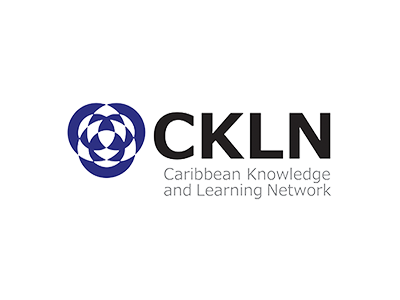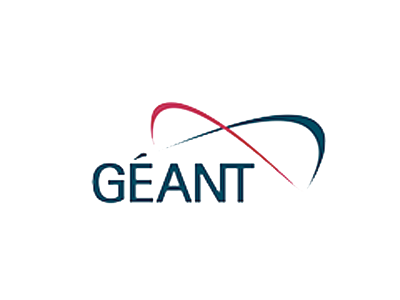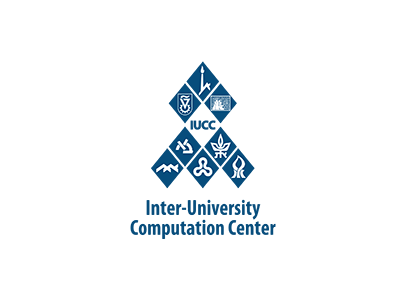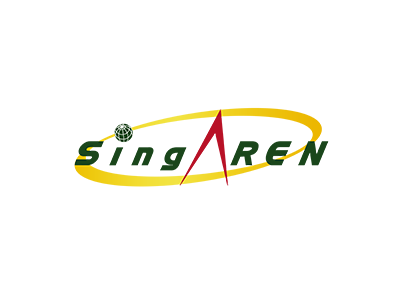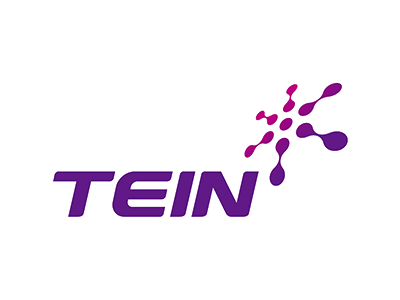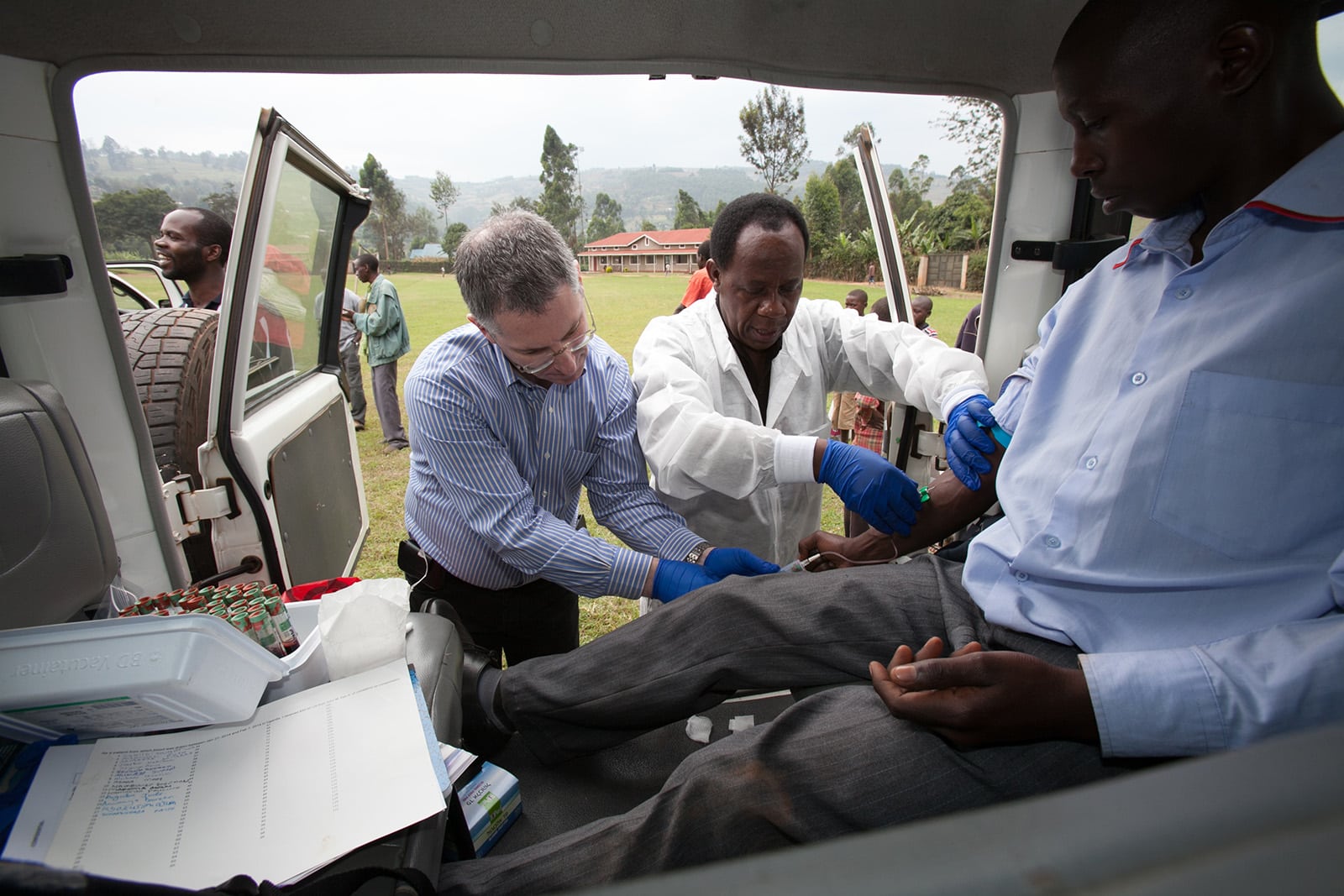
Joining forces with the medical community to combat tropical diseases
Advanced ICT networks are the core of the global network of National Research and Education Networks (NRENs). But if we look beyond the routers, switches and fibre cables of advanced networks, we will find the secret to a successful network. People.
With diverse needs, cultures and aspirations. By intelligently and sensitively networking these networks of people, unique and powerful communities are nurtured. These communities enable benefits that extend traditional boundaries inherently defined by network topology, and by geography and culture as well.
An outstanding example of this is the workshop programme spearheaded by the Trans-Eurasia Information Network (TEIN) and the Caribbean Knowledge and Learning Network (CKLN).
Combating Dengue Fever
The first dedicated Dengue Fever workshop, held in January 2014 was jointly hosted by APAN (Asia-Pacific Advanced Network) and TEIN*CC (manager of the TEIN network) in Bandung, Indonesia.
It brought together over 30 clinicians and researchers from within the multi-disciplinary Dengue Fever community, public health officials as well as NREN representatives from across Asia-Pacific.
Under the banner “Dengue Fever- Let’s STOP it!” the workshop provided a forum to share experience and discuss best practices, mobilising a new community dedicated to helping combat the spread of this devastating disease.
Remote participation
All virtual participants were able to view the presentations and follow discussions in real time using the multipoint videoconference system supported by their respective national R&E networks and the regional TEIN backbone.
Participants experienced videoconferencing as a time- and cost-effective collaboration tool and saw first-hand how video and web conferencing over R&E networks can save time and money for meetings and clinical case discussions.
Beyond the scope of collaboration on scientific material, participants enthusiastically agreed to follow up with virtual meetings around areas of research interest.
“This was a very inspiring event. I hope it will act as a catalyst for more joint actions,” said Prof. Francis Lee Bu-Sung, President of SingAREN, Chair of Governors of TEIN*CC and driving force behind the workshop.
“Everyone left with renewed energy and enthusiasm in our quest to stop the spread of Dengue Fever and to improve its treatment!”
A scalable initiative
As Prof. Lee noted, building communities is not a one-time effort. Within six months, a second workshop was held in June 2014 under the tutelage of the Caribbean Knowledge and Learning Network, CKLN, and the Caribbean Public Health Agency, CARPHA, in Trinidad & Tobago.
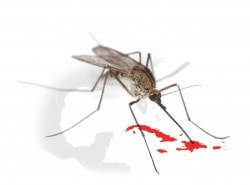 This symposium focused on Dengue Fever and Chikungunya Virus, and welcomed clinicians, researchers and network engineers to share experiences.
This symposium focused on Dengue Fever and Chikungunya Virus, and welcomed clinicians, researchers and network engineers to share experiences.
Representatives of the national research and education networks, TTRENT, JREN, BAHAREN, and eighty videoconference participants from Trinidad and Tobago, the Bahamas, Jamaica (Kingston and Montego Bay), Puerto Rico and Malawi in South East Africa attended.
The objective of the symposium was to initiate the establishment of a medical related community with a focus on Dengue Fever and Chikungunya. Organisers sought to develop new approaches to leverage the high bandwidth research and education (R&E) networks in the region – C@ribNET and RedCLARA – to support collaborative work among health-related communities.
This was the first time two CARICOM agencies worked together using the dedicated C@ribNET research and education network.
Supporting effort in Japan
The recent Dengue Fever outbreak in Japan, where authorities have little or no experience with the disease, highlights how important this community has become.
Preliminary work is being carried out to organise a series of videoconferences with Japanese healthcare and networking professionals and colleagues to share expertise.
The successful implementation of this plan will prove again how the work kicked off by NRENs can become a self-sustained, ongoing effort, owned by the users themselves – a community working together to improve lives across borders.
On to Africa
The work on Dengue Fever and Chikungunya are excellent examples of the scalable nature of efforts to build communities. As such, the tools and capabilities are easily adaptable to the plethora of infectious diseases that pose a global challenge.
In the wake of outbreaks of the fast-moving Ebola virus across West Africa, colleagues from around the world led a helping hand to formulate the programme for a special Ebola Symposium at the UbuntNet Alliance annual conference in Zambia in November 2014.
The work being done globally is of unprecedented scope and underscores just how much the community of cooperation fostered by R&E networking does to leverage all the resources available. The conference was enhanced by UbuntuNet, the regional high-speed Internet network in Eastern and Southern Africa commissioned in July 2014.
Narrowing the gap
Connecting researchers, educators and students in Eastern and Southern Africa to their peers in Europe with high-speed Internet connectivity is a great achievement in reducing the digital divide.
According to Eng. Dr Tusu Tusubira, CEO of the UbuntuNet Alliance, “Today through collaboration with GÉANT as well as other regional and international partners, the UbuntuNet network is boosting African research collaboration with colleagues in Europe and elsewhere, and bringing unprecedented research and educational opportunities to the continent.
“The implications for socioeconomic development go far beyond anything we could have dreamed of before, putting African research on the map and transforming the lives of millions. The new global threat of Ebola brings into sharp focus the need for improved collaboration.”
Dr Leslie Lobel (pictured above), a virologist at the Ben Gurion University of the Negrev in Israel, is a key player in the consortium established to find an antibody cocktail to fight the deadly Ebola virus.
This is an excerpt from a story in GÉANT Connect magazine.
For more information please contact our contributor(s):


